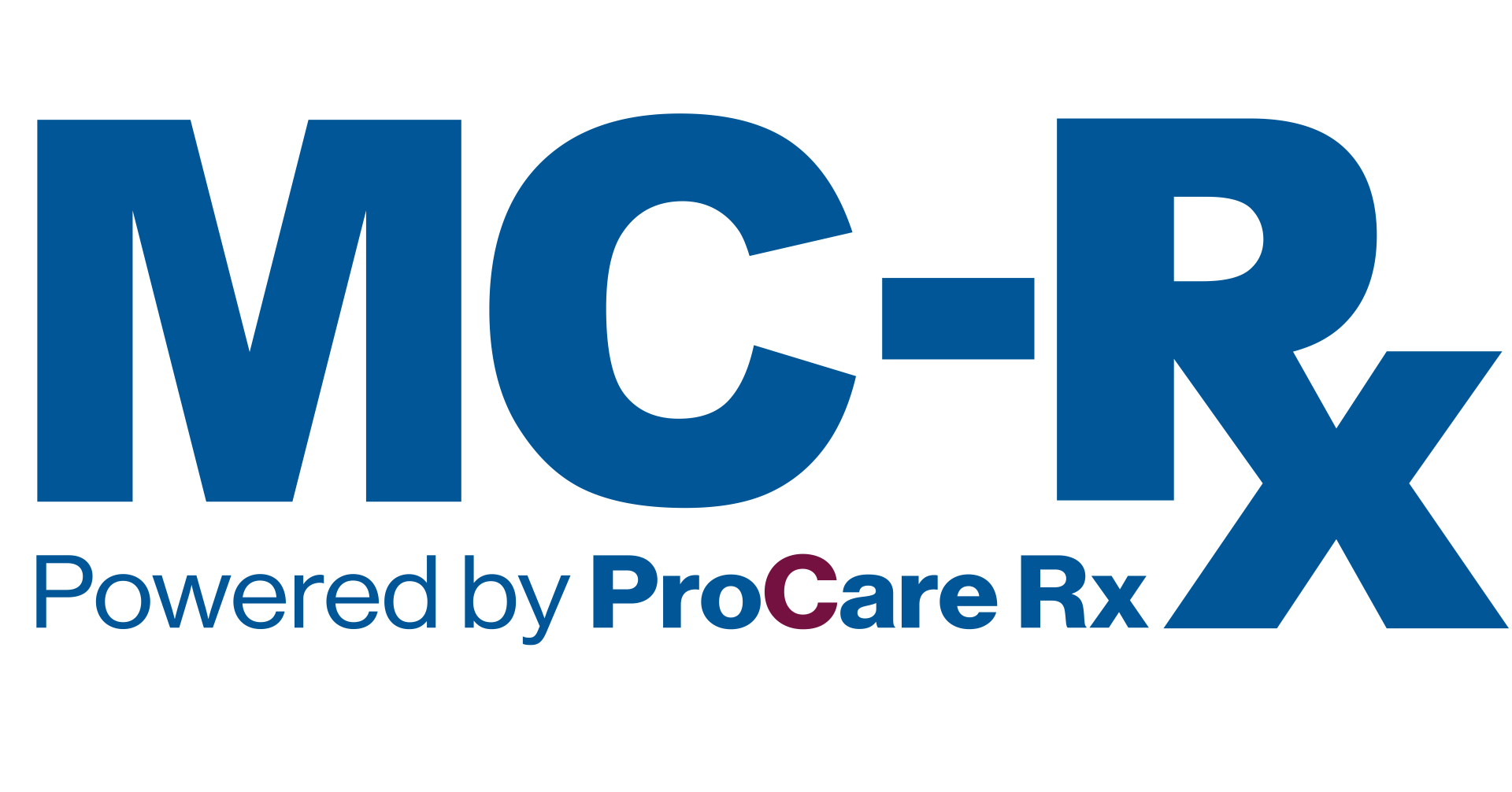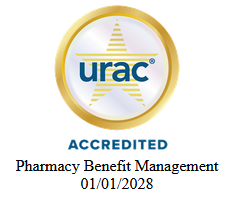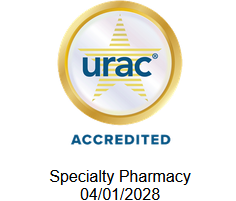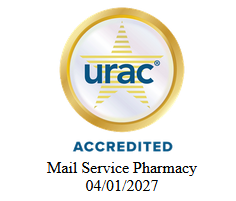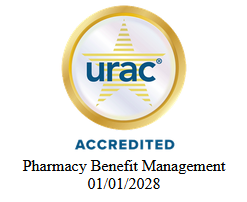Psoriasis: Review of the management and treatment with first line topical therapies
Topical medications are those applied directly to the skin, such as creams, lotions, and ointments.

What is Psoriasis?
Psoriasis is an autoimmune skin disease characterized by rapidly growing skin cells and the appearance of plaques with red and scaly lesions on the skin. It is estimated that this chronic condition affects 3.2% of the US population and not only affects the appearance of the skin, it can also predispose to the development of other diseases.
If you have mild-to-moderate psoriasis, your doctor will most likely start you on some of the following topical treatments: steroids, calcineurin inhibitors, vitamin D analogs, or retinoids.
What is a topical treatment? Topical medications are those applied directly to the skin, such as creams, lotions, and ointments. These are considered first-line therapy to treat mild-to-moderate psoriasis. One of the advantages of using topical drug therapy is that they have fewer side effects than other alternatives, such as oral and injectable medications. Your doctor will choose the most suitable treatment based on the severity and location of the lesions, as well as other factors such as age, pregnancy status and others. In this article you will find information about the first-line therapy options available to treat psoriasis.
What can I do for my Psoriasis?
Since psoriasis is unique for each individual, and drugs work differently on different patients, it can be a challenge to manage. Finding the most effective therapy can be a process of trial and error, and can often be frustrating. Therefore, the most important thing you can do is stay informed about what alternatives are available and consult with your doctor or pharmacist regularly.
References:
Elmets, C. A., Korman, N. J., Prater, E. F., Wong, E. B., Rupani, R. N., Kivelevitch, D., Armstrong, A. W., Connor, C., Cordoro, K. M., Davis, D. M. R., Elewski, B. E., Gelfand, J. M., Gordon, K. B., Gottlieb, A. B., Kaplan, D. H., Kavanaugh, A., Kiselica, M., Kroshinsky, D., Lebwohl, M., … Menter, A. (2021). Joint AAD–NPF guidelines of care for the management and treatment of psoriasis with topical therapy and alternative medicine modalities for psoriasis severity measures. Journal of the American Academy of Dermatology, 84(2), 432–470. https://doi.org/10.1016/j.jaad.2020.07.087
Mayo Foundation for Medical Education and Research. (2022, June 4). Psoriasis. Mayo Clinic. Retrieved July 13, 2022, from https://www.mayoclinic.org/diseases-conditions/psoriasis/diagnosis-treatment/drc-20355845
WebMD. (n.d.). Topical creams & lotions to treat psoriasis. WebMD. Retrieved July 13, 2022, from https://www.webmd.com/skin-problems-and-treatments/psoriasis/topical-treatments-psoriasis
First-Line Options for Mild-Moderate Psoriasis:
| Treatment | Uses | How it works? | Adverse effects | Comments |
|---|---|---|---|---|
| Corticosteroids betamethasone dipropionate (Diprolene), fluocinonide (Lidex), desonide (DesOwen), hydrocortisone and others | Used for short periods of time to treat active lesions | Reduces redness, swelling, and irritation of the skin | Skin thinning, changes in pigmentation, easy bruising, stretch marks, and redness | Once the lesions are controlled, your doctor will gradually reduce the use of the corticosteroid until it is discontinued. Abrupt discontinuation can result in exacerbation of the symptoms. |
| Calcineurin Inhibitors: tacrolimus (Protropic) and pimecrolimus (Elidel) | Used in more sensitive areas such as the facial area and genitals where steroids can cause irritation | Calm the rash and reduce scaly buildup | Burning sensation and pruritus | Should be used with caution in pregnant women. Talk to your doctor if you are pregnant or planning to become pregnant. |
| Vitamin D Analogs: calcipotriene (Dovonex, Sorilux) and calcitriol (Vectical) | Used in conjunction with topical steroids has proven to be effective, so your doctor may choose to combine both alternatives to manage your condition | Slow rapidly growing skin cells, flatten thick psoriasis, and remove scales | Irritated skin, burning, itching, swelling, peeling, dryness, and redness | Vitamin D analogues may be used during pregnancy and lactation if the benefit outweighs the risk. |
| Retinoids: tazarotene (Tazorac) | The use of topical tazarotene for 8 to 12 weeks is recommended for the treatment of mild-to-moderate psoriasis | Reduces the redness, number, and size of skin lesions | Peeling, redness, burning sensation, irritation, and pain | Tazarotene should not be used in women who are pregnant or planning to become pregnant. A negative pregnancy test must be obtained two weeks before starting treatment. Discuss with your doctor if there is a possibility or if you are planning to become pregnant to determine an alternative treatment |



